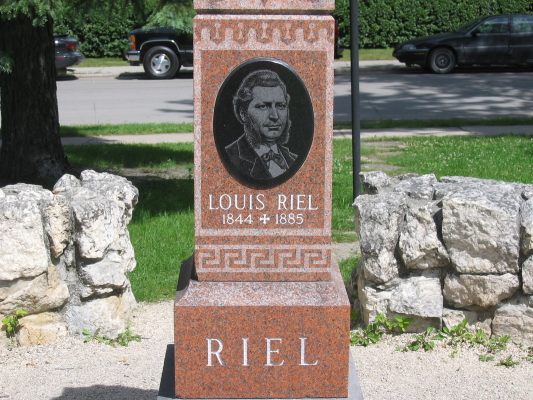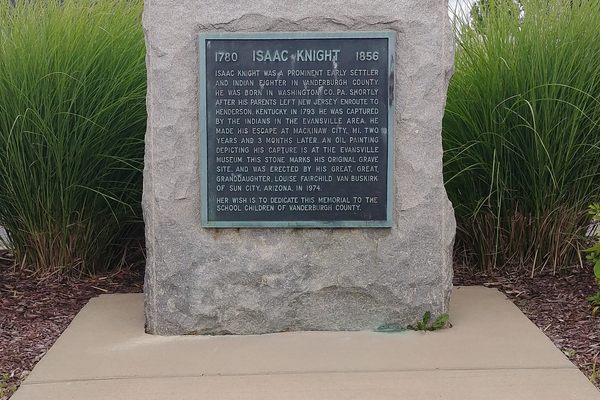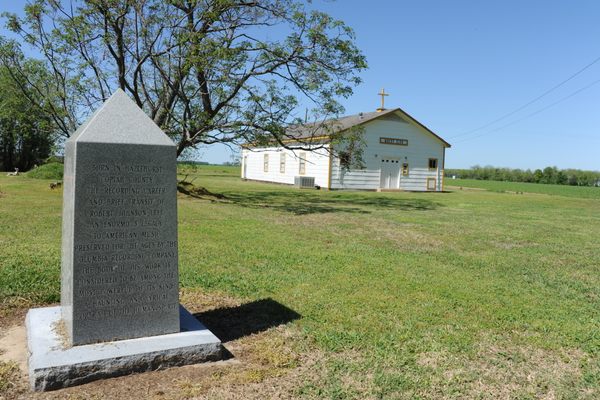About
Louis Riel, leader of the Métis nation, folk hero to many Canadians – native and European descendants alike – was hanged as a traitor in 1885.
Riel is now seen as an important and influential founder of the Province of Manitoba, but he didn’t start out that way. Having led two governments of the Métis (descendants of the original peoples of Canada and the first European settlers), Riel was a key figure in Manitoba’s ultimately joining the Canadian Confederation as a Province, but he was no hero to the Canadian government then. Arrested, tried, and convicted of high treason as the leader of the Red River Rebellion and North-West Resistance (two movements of native sovereignty in the mid-19th century), he was condemned for his part in the opposition of the Métis to Canadian expansion into their lands.
Unable to pay for his own counsel, a court-appointed lawyer represented him at his trial, trying to free him by means of an insanity plea. Riel objected, but there was little he could do to speak for himself until the end of the trial when he was given an opportunity to make a statement. Rising to the occasion, he made an impassioned speech on behalf of himself and the Métis, a stirring speech that unfortunately undermined his own lawyer’s defense – it was clear he was completely sane, but unfortunately not persuasive enough. The jury of six men found him guilty, but asked the judge to be merciful in his sentencing. The judge, ignoring the jury's appeal, passed sentence, and Riel was hanged at the age of 41.
Until the middle of the 20th century, Riel’s reputation suffered under the scrutiny of many historians as just a treasonous troublemaker. But as attitudes towards Native nations began to change in the 1960s, his reputation changed along with them. He was finally recognized as an important figure in the founding of Canada’s central Province, and today he is a symbol to many as a defender of his Métis Nation and the rights of minority citizens. He has been honored in Winnipeg with an eponymous street (Riel Avenue), memorials, a pedestrian bridge, and Manitobans all celebrate Louis Riel Day every third Monday in February.
Riel is buried in the Sainte-Boniface Cathedral Cemetery, just across the Red River.
Related Tags
Know Before You Go
Sainte-Boniface Cathedral Cemetery, on the north side of the main path.
Published
October 27, 2015
Sources
- http://www.thecanadianencyclopedia.ca/en/article/louis-riel/
- http://www.where.ca/manitoba/winnipeg/louis-riel-walking-tour/
- http://library.usask.ca/northwest/background/riel.htm
- http://tourismeriel.com/en/what-to-do/culture-attractions/the-grave-of-louis-riel
- http://www.gov.mb.ca/chc/louis_riel/louis_riel_gravesite.html


































